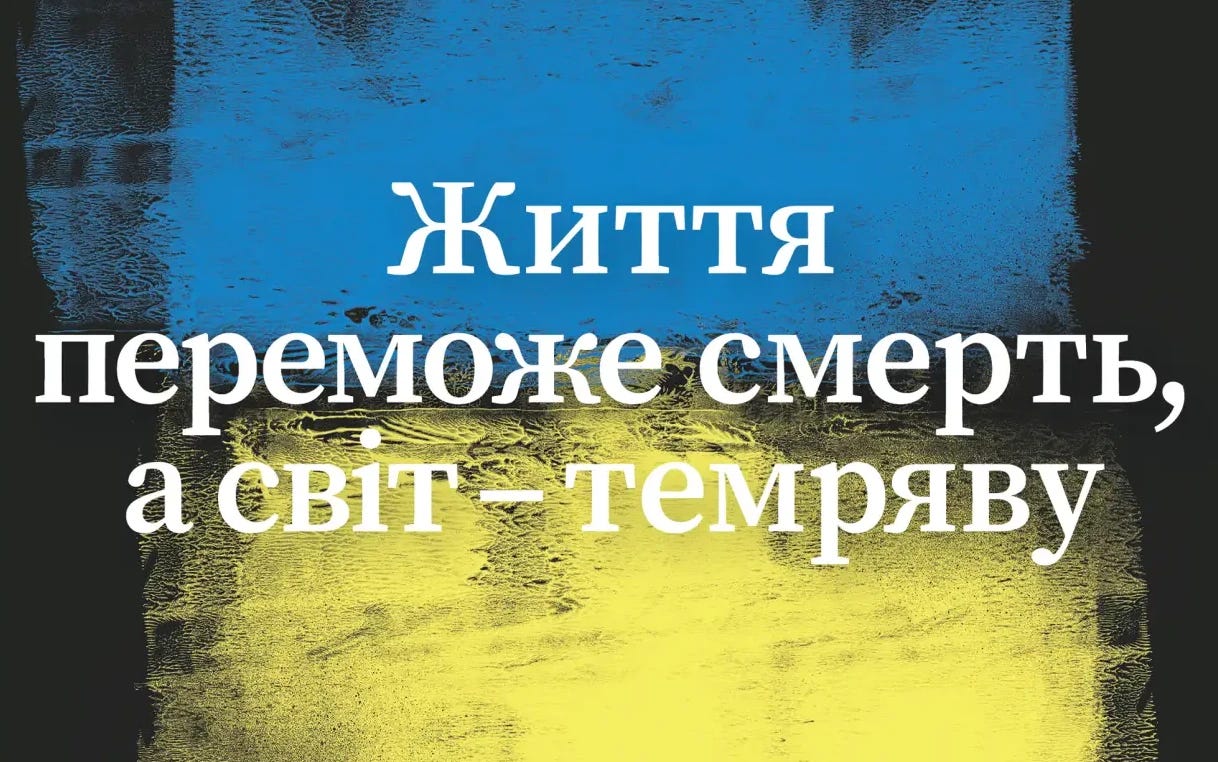Eurasia note #29 - New Russia-Ukraine Talks
Redrawing of borders looks inevitable, compromise likely, partition possible
Second round of talks begins on Thursday in Brest, Belarus.
Western press is clouding its own understanding with propaganda.
Free-speaking U.S. colonel suggests NATO lacks direction and purpose.
Freezing of Russian reserves is part of the takedown of economic system, aka Reset.
Ukraine’s oil, gas, uranium, bauxite, titanium and gold are envied by globalist barons.
Default and political collapse moves closer, putting valued assets into play.
International order — IMF, World Bank, UN — could be repurposed.
Disruption is at root a grab for assets by the usual suspects.
(2,200 words or seven minutes’ read)
Tbilisi Mar 3, 2022
At the ceasefire talks Russia will be waiting to hear if Ukrainian forces will consider surrender. They are largely isolated in the east and south-east of the country.
The second round of talks between the two countries takes place on Thursday in Brest, Belarus, famous for the Treaty of Brest-Litovsk in 1918 that ended Russia’s participation in WW1.
In his State of the Union address on Tuesday, Joe Biden spoke of Ukrainian people as “a wall of strength” against Russia. Whether he had in mind an iron curtain, a Berlin wall or a human shield, the people of Ukraine deserve better than to be stuck in the middle of attempts to reshape the world order.
Former U.S. senior advisor to the Secretary of Defense, Col Doug MacGregor (Ret’d) said that Russia was poised to eliminate Ukrainian troops if they don’t surrender. His conclusion discounts Russian miscalculation or the guerilla advantage of Ukrainian militia and credits Russia with overwhelming force.
See below for why the media and politicians seem ignorant of this reality.
MacGregor told Fox News that Biden and Jake Sullivan, his National Security Adviser are ready to accept the division of Ukraine and its declaration of neutrality. [1]
That could see the country split along the Dnieper river; the east and Kyiv forming an independent state and the western half a neutral buffer.
Eyebrows were raised when Western embassies decamped last month to Lviv on the Polish border, which would be the capital of a rump state. Poland would not want Russia on its border anyway.
Despite the wall-to-wall media support for Ukraine, the NATO Secretary General Jens Stoltenberg flew to Łask military airbase in Poland on Mar 1 and nixed a plan by European countries to donate combat aircraft to Ukraine.
“NATO is not to be part of the conflict. NATO is not going to send the troops into Ukraine or move planes into Ukrainian airspace.” [2]
The Ukraine narrative breaks down quickly under examination. NATO has shown its actions don’t match its rhetoric on Russia. This, said MacGregor, means the U.S. is in “a real crisis now, that no one has really figured out yet, and that is NATO itself and our position on the European continent —all of this is now at risk.”
Russia says it wants to discuss security guarantees but journalists should know that life is not a Hollywood action movie “where there is an absolute evil and an absolute good,” foreign minister Sergey Lavrov told a press conference on Thursday.
Back in 2007 at the Munich Security Conference, president Vladimir Putin assured the West that he would not tolerate NATO expansion up to the Russian border. That remains the reality.
Major changes
The changing world order is the main development. Putin traveled to Beijing on Feb 4 for the winter Olympic Games where it seems he secured paramount leader Xi Jinping’s support for his move.
As this newsletter has noted before, NATO has succeeded in pushing Russia and China into a strategic partnership
It is not the scale of sanctions on Russia that changes things, but their nature. Freezing Russia’s foreign exchange reserves, by limiting its access to the SWIFT bank messaging system, is an unprecedented assault on the principle of national sovereignty. Even Switzerland, which remained open for business to the Nazis during WW2, has dropped its neutrality.
If countries feel less secure in holding large international reserves, or hold them at home, in gold, this could restrict the international flow of money.
When China sells products to the U.S., the Americans pay in dollars which China accumulates, and invests in U.S. Treasuries, thereby allowing the U.S. government to borrow and spend more.
If the volume of foreign reserves is restricted, or sunk into gold, it no longer plays a role in trade and economic expansion. Capitalism loses some of the flexibility of money as a means of transaction if everybody's storing their gold within national borders, behind missile silos.
The economy returns to something closer to feudalism, where wealth and power resides in the ownership of physical resources and land — there is less need for a workforce and global consumer market.
This is one possible interpretation of The Great Reset. Now, ask yourself if this isn't being done deliberately by The Investors?
If the moves against Russia’s reserves are part of the Reset, they may pressage a new central bank digital currency based on gold. That would explain why the central banks have been suppressing the price of gold for several years while they position themselves.
International governance
This could also be the pretext to reshape the international architecture as part of a new order.
The diminished role of reserve currencies could undermine not just the U.S. dollar but the octopus of global financial control which is the International Monetary Fund, the World Bank and even the United Nations.
Keep reading with a 7-day free trial
Subscribe to Moneycircus to keep reading this post and get 7 days of free access to the full post archives.



